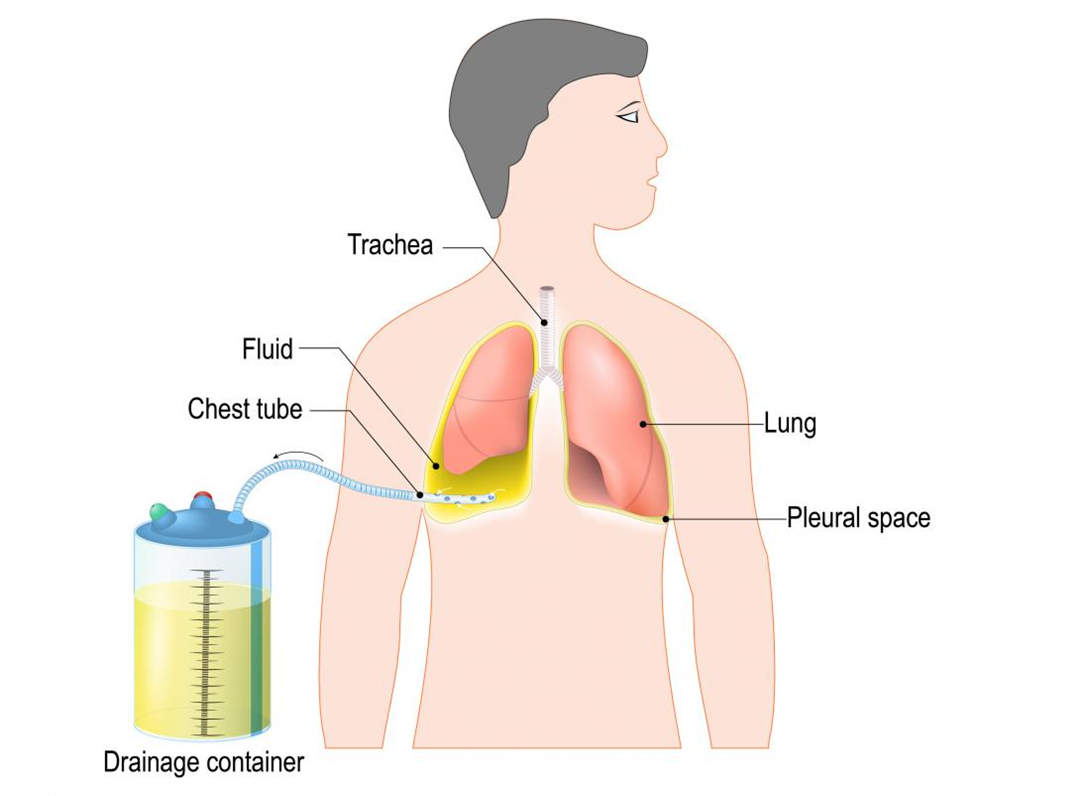A client with gouty arthritis reports tenderness and swelling of the right ankle and great toe. The nurse observes the area of inflammation extends above the ankle area. The client receives prescriptions for colchicine and indomethacin. Which instruction should the nurse include in the discharge teaching?
Return for periodic liver function studies.
Massage joints to relax muscles and decrease pain.
Limit use of mobility equipment to avoid muscle atrophy.
Substitute natural fruit juices for carbonated drinks.
The Correct Answer is A
Choice A reason: Returning for periodic liver function studies is an important instruction for a client with gouty arthritis who is taking colchicine and indomethacin. These medications can cause liver toxicity, which can manifest as jaundice, abdominal pain, nausea, vomiting, and dark urine. The nurse should advise the client to monitor for these signs and symptoms, and to have regular blood tests to check the liver enzymes and function.
Choice B reason: Massaging joints to relax muscles and decrease pain is not a recommended instruction for a client with gouty arthritis who has acute inflammation of the right ankle and great toe. Massage can increase the blood flow and pressure to the affected joints, which can worsen the pain and swelling. The nurse should advise the client to avoid touching or moving the inflamed joints, and to apply ice packs or cold compresses to reduce the inflammation.
Choice C reason: Limiting use of mobility equipment to avoid muscle atrophy is not a necessary instruction for a client with gouty arthritis who has acute inflammation of the right ankle and great toe. Mobility equipment such as crutches, walkers, or canes can help the client to ambulate safely and comfortably, and to prevent further injury or damage to the affected joints. The nurse should encourage the client to use mobility equipment as needed, and to perform gentle range of motion exercises when the inflammation subsides.
Choice D reason: Substituting natural fruit juices for carbonated drinks is not a helpful instruction for a client with gouty arthritis who is taking colchicine and indomethacin. Fruit juices can contain high amounts of fructose, which can increase the uric acid levels in the blood and trigger gout attacks. Carbonated drinks are not a major risk factor for gout, unless they contain high-fructose corn syrup or alcohol. The nurse should advise the client to drink plenty of water, and to avoid foods and beverages that are high in purines, such as organ meats, seafood, beer, and wine.
Nursing Test Bank
Naxlex Comprehensive Predictor Exams
Related Questions
Correct Answer is C
Explanation
Choice A reason: Lifting and clearing drainage from the chest tube is not necessary, as the water level fluctuations indicate that the chest tube is functioning properly and allowing air and fluid to escape from the pleural space.
Choice B reason: Inspecting the tube insertion site for leaking is not indicated, as there is no evidence of air leak in the water-seal chamber. An air leak would cause continuous or intermittent bubbling in the water-seal chamber.
Choice C reason: Continuing to monitor the drainage system is the best action for the nurse to implement, as the water level fluctuations are normal and expected in a water-seal drainage system. The water level should rise during inspiration and fall during expiration, reflecting the changes in intrathoracic pressure.

Choice D reason: Auscultating lungs for unequal breath sounds is not relevant, as it does not address the question of what to do with the water level fluctuations. Unequal breath sounds may indicate a pneumothorax or atelectasis, which are complications of chest trauma or chest tube insertion.
Correct Answer is []
Explanation
- The client is most likely experiencing compartment syndrome, which is a condition where increased pressure within a closed space compromises blood flow and tissue perfusion. Compartment syndrome can occur after a fracture, especially if a cast or splint is applied too tightly. Some of the signs and symptoms of compartment syndrome are severe pain, paresthesia, pallor, and pulselessness.
- Two actions the nurse should take to address compartment syndrome are:
- Elevate the extremity above the level of the heart to reduce swelling and improve venous return.
- Remove the cast or loosen the dressing to relieve the pressure and restore blood flow. This may require notifying the physician or obtaining an order for bivalving or cutting the cast.
- Two parameters the nurse should monitor to assess the client’s condition are:
- Capillary refill of the affected fingers, which should be less than 3 seconds. A prolonged capillary refill indicates poor perfusion and tissue ischemia.
- Blood pressure of the client, which should be maintained within normal limits. Hypotension can worsen the perfusion deficit and lead to tissue necrosis.
Whether you are a student looking to ace your exams or a practicing nurse seeking to enhance your expertise , our nursing education contents will empower you with the confidence and competence to make a difference in the lives of patients and become a respected leader in the healthcare field.
Visit Naxlex, invest in your future and unlock endless possibilities with our unparalleled nursing education contents today
Report Wrong Answer on the Current Question
Do you disagree with the answer? If yes, what is your expected answer? Explain.
Kindly be descriptive with the issue you are facing.
